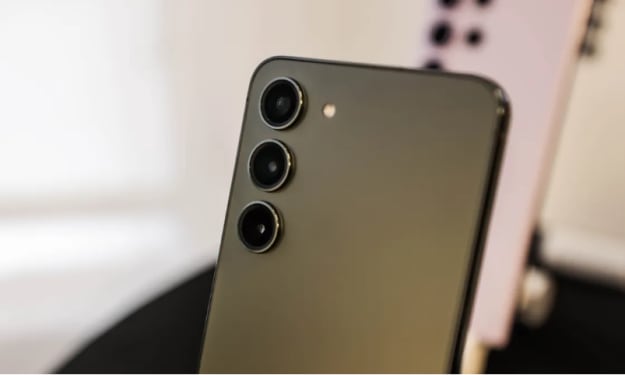‘World’s most relaxing song’ can reduce anxiety: Researchers
Mental Health

In a groundbreaking study conducted by researchers at the University of Pennsylvania, a remarkable discovery has been made: the world's most relaxing song, Marconi Union's "Weightless," has been identified as a powerful tool in reducing anxiety levels. Published in the esteemed journal Regional Anesthesia and Pain Medicine in 2019, the research delves into the prevalence of pre-operative anxiety and the potential alternatives to traditional sedatives.
The conventional use of sedatives to alleviate anxiety before medical procedures has long been a standard practice. However, the study sheds light on the drawbacks of such pharmaceutical interventions, citing their side effects that can impact breathing and blood flow. With a growing awareness of the limitations and risks associated with sedatives, the researchers sought to explore alternative methods that could provide comparable anxiety relief without the adverse effects.
The study involved 157 adults who were strategically divided into two groups. The first group received 1-2 mg of midazolam, a common sedative, administered three minutes before the application of a peripheral nerve block. The second group, on the other hand, experienced a unique intervention—they listened to Marconi Union's "Weightless" using noise-cancelling headphones. The objective was to compare anxiety levels between the two groups and determine the efficacy of music as a calming agent.
Surprisingly, the results were groundbreaking. The researchers found that patients in the music group exhibited similar anxiety levels to those who received the sedative drugs. This suggests that the soothing notes of "Weightless" were as effective as pharmaceutical interventions in calming nerves before medical procedures. The implications of this finding are significant, pointing towards a non-invasive and potentially side-effect-free method of managing pre-operative anxiety.
However, the study did not merely focus on anxiety reduction. Researchers also noted some interesting nuances in patient experiences. While the music group reported lowered stress levels, patients in the sedative group expressed greater overall satisfaction with their experience. This disparity led the researchers to consider factors beyond anxiety relief, speculating that the music group's lower satisfaction could be attributed to the lack of choice in the music they listened to.
Expanding on the theme of music's therapeutic potential, additional research conducted by Mindlab International reinforced the positive impact of "Weightless" on anxiety. Their findings revealed an impressive 65% reduction in anxiety levels among participants who experienced the song. This independent confirmation further strengthens the case for the incorporation of music, specifically "Weightless," as a valuable tool in anxiety management.
The implications of this research extend beyond the realm of medical procedures. The idea that a specific piece of music can induce a state of relaxation and reduce anxiety opens doors for applications in various contexts. From everyday stress management to the development of playlists tailored for specific therapeutic outcomes, the potential impact of music on mental well-being is a burgeoning area of exploration.
As this research gains traction, questions arise about the universality of music's calming effects. Can other genres or specific compositions yield similar results? Is individual musical preference a factor in the efficacy of such interventions? These questions provide fertile ground for future studies, delving deeper into the intricate relationship between music and the human psyche.
In conclusion, the identification of Marconi Union's "Weightless" as a powerful anxiety-reducing composition marks a significant milestone in the intersection of music and mental health. The study not only challenges traditional approaches to anxiety management but also opens avenues for further exploration into the diverse therapeutic applications of music. As the medical community embraces the potential of music in enhancing patient experiences and well-being, the journey into the harmonious realm of healing takes an intriguing and promising turn.





Comments
There are no comments for this story
Be the first to respond and start the conversation.